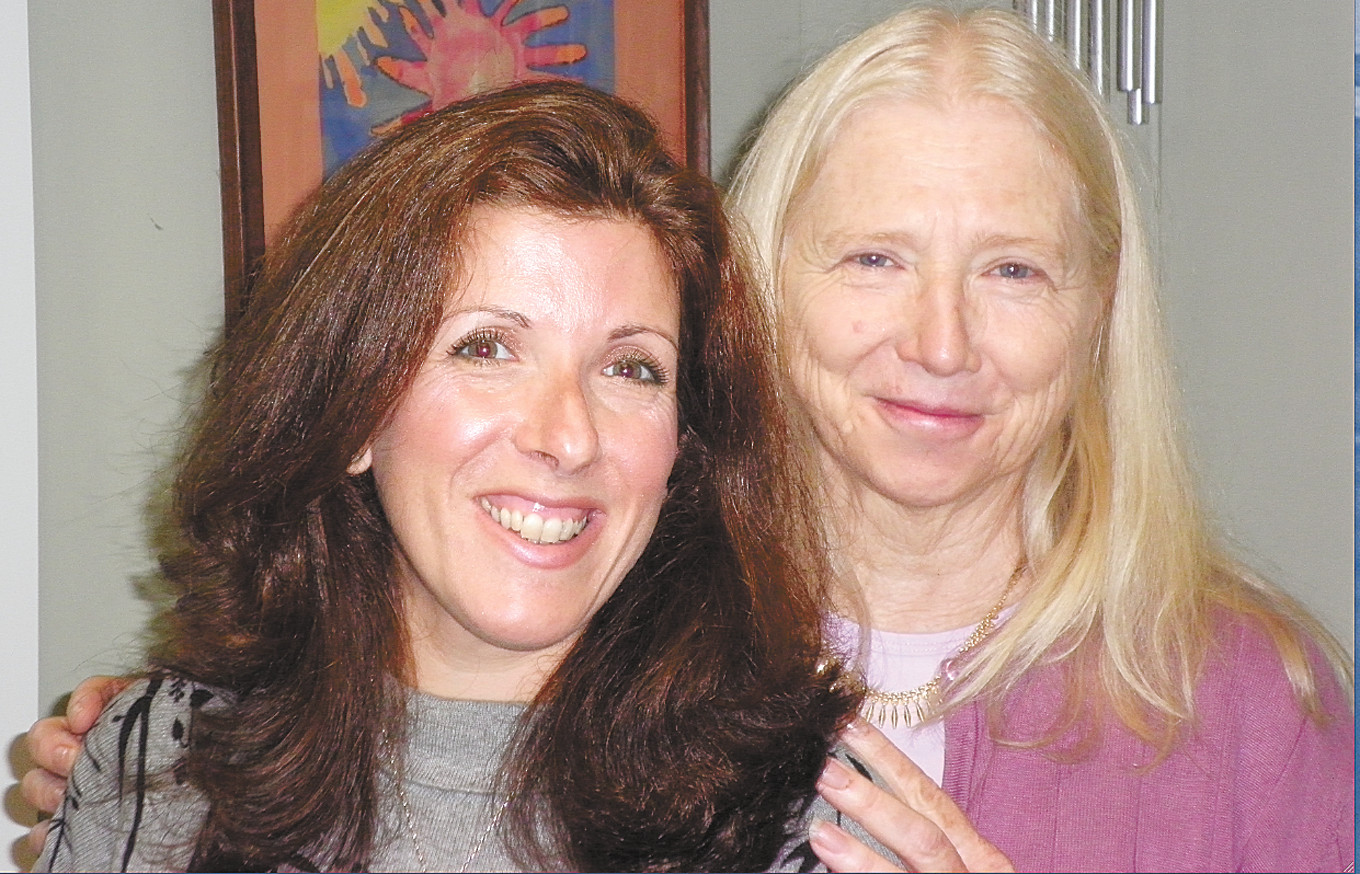Handling separation anxiety
We cannot deeply love anything without becoming vulnerable to loss. And we cannot become separate people, responsible people, connected people, reflective people without some losing and leaving and letting go. — Judith Voist
As we get ready for the new school year and say goodbye to summer it is important to remember that we go through many separations throughout our lives. Learning how to tolerate and survive loss and separation is an important life skill. Whether your child is going to preschool or leaving for college, these leaving events present challenges and opportunities for practice. When a child begins school it is hard to tell who is more scared: parent or the youngster!
The parent’s thoughts may include: “How are they going to survive without me?”
“They don’t need me anymore.” “I’m being replaced.” “I’m not going to be there and will miss those special moments” and/or “I want to be the one to have fun, sing, and play with … not be tired, overwhelmed or scrambling to make dinner.”
What may be going through the child’s mind? “This is scary. What am I doing here? Will you ever come back?” “Why are you leaving me here with these people?”
“Don’t you love me anymore?” “If you’re home anyway, why are you sending me away?”
Any separation can provoke a sense of loss on both sides. This is to be expected. Here are some tips to make the transition easier for everyone in the family:
1. There is no room for ambivalence in your decision. Children read their parents and can sense your fear and will act on that. Stay calm and smile. (You can fall apart when you get to the car.)
2. Prepare children gradually. Do not spring the change on them. Let children get familiar with new caregiver and or classroom.
3. Do not sneak out or distract children when leaving. It is helpful to talk about the separation and validate their feelings. You can even rehearse the good-bye through role playing. Your child needs time and practice to trust in your return. Saying goodbye acknowledges their feelings and shows that you believe in their ability to cope.
4. Let your child have a familiar object. A book such as “The Kissing Hand” tells of a raccoon that has a special parting ritual when his mother leaves. This ritual provides comfort as he goes through this process. Have a ritual when you say goodbye each day.
5. There are going to be times, such as after holidays or long weekends, when children will backslide.
6. It is also common to see children ignore or reject parents upon return. It will take some getting used to but it is normal.
Separation anxiety demonstrates that a child has developed an attachment to you. Your child is also demonstrating that he can have an effect on his world by making his needs known. After all, you are a source of comfort, security, and nourishment and you will be missed.
This kind of loss is a necessary part of life. Children learn that others in the world can know them and love them. The experience fosters maturity and independence. Children learn to be more resourceful. Children learn that the world is made of many caring people. There are new friends to meet and the world is an exciting place.
Salt — Dr. Shoshanah Findling, certified school counselor, associate professor of Education at Touro College and on the board of directors Five Towns Early Learning Center.
Pepper — Pepper Robinson, executive director of Five Towns Early Learning Center, early childhood consultant.

 48.0°,
Overcast
48.0°,
Overcast 




